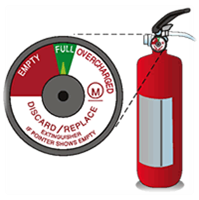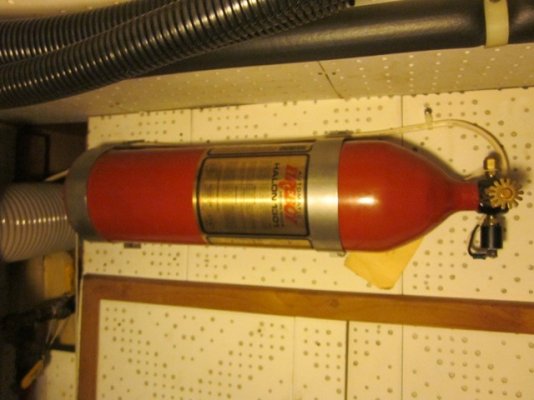Karl-FL
Veteran Member
- Joined
- Aug 26, 2012
- Messages
- 29
- Location
- U.S.A.
- Vessel Name
- Morning Star
- Vessel Make
- 1985 43' Californian CPMY
Has anyone in the Fort Lauderdale area used the company named Marine Fire Equipment run by Norman Benoit, to inspect your engine room fire extinguisher equipment? I would like to get a reference on him since I need my fire equipment inspected.
Another question: What is the qualification that an inspector needs in order to make his inspection acceptable to the Coast Guard and insurance companies, as being qualified.
Thanks,
Karl
Another question: What is the qualification that an inspector needs in order to make his inspection acceptable to the Coast Guard and insurance companies, as being qualified.
Thanks,
Karl





